The 10th Edition of the London Indian Film Festival (LIFF)’s London chapter came to an end on 29 June, with the European Premier of Director Ritesh Batra’s feature “Photograph” at the BFI Southbank. LIFF continues to run in Birmingham and Halifax till 8 July.
The Closing Night has traditionally been popular for announcing the winner of the Satyajit Ray Short Film Competition and the Audience Awards and it was no surprise when LIFF 2019’s Opening Film “Article 15” by Anubhav Sinha, won the Audience Awards this year. Rohan Parashuram Kanawade’s “U Ushacha” screened at the Too Desi Too Queer section this year, won the Satyajit Ray Short Film Competition.
Read more about Article 15: https://globalindianstories.org/index.php/2019/06/28/liff-world-premier-article-15-released/
and U Ushacha: https://globalindianstories.org/index.php/2019/06/20/u-ushacha-back-stories-from-the-directors-desk-for-liff/
The topics on mental health, diversity and equality were in the spotlight this year. LIFF felicitated filmmakers Anurag Kashyap and Buddhadev Dasgupta won Icon Awards while Director Richie Mehta and Actress Radhika Apte won outstanding achievement plaques. Actor Harshvardhan Kapoor won the rising star honour. Anurag and Radhika candidly spoke about their tryst with depression and anxiety and how they overcame it.
“Blinded by the Light” director British Asian female filmmaker Gurinder Chaddha received an icon award for he contributions to cinema, despite fighting the odds of gender and race in the UK film industry.
The Closing Film
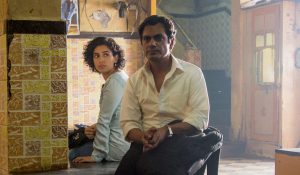
Ritesh Batra’s film “Photograph” that was released in India on 15 March, and in the USA on 17 May to box office hits, received a good response at the BFI Southbank. The film’s an unusual love story between actor Nawazuddin Siddiqui, who plays the romantic lead of Rafi, a villager struggling to make ends meet in Mumbai as a street photographer and Miloni, played by Sanya Malhotra, a girl from a well-to-do city family studying to be a chartered accountant. What makes it different is the treatment and the narrative.
The much older tourist photographer Rafi clicks a photograph of Saloni at the India Gate, who leaves with the photograph without paying him. In a desperate plea to get his grandmother to start taking her medicines, when she is adamant to get him a wife, Rafi sends her a photograph of Miloni, introducing her as his fiancee.
The dramatic grandmother, who often resorts to emotional blackmail is left stunned by Rafi’s catch and comes to Mumbai to meet Miloni and make sure Rafi’s made the right choice.
The story takes unexpected turns as Rafi manages to find Miloni in the huge city and convince her to play the role of his girlfriend. What seemed completely unexpected, the two start growing a liking for each other.
This is portrayed to great comic effect in several scenes throughout the film and it’s this kind of gentle, natural humour that brings a believability and likeability to the characters of Rafi and his social circle.
The movie explores the stark differences in the city of Mumbai, humanises the labour class and brings to the table a very practical life in Mumbai, yet manages to create a fairytale romance out of it.
Batra described the film at the Q&A as having a fairytale quality, certainly Rafi getting advice from a ghost Tiwari, the previous tenant who committed suicide because he could not take the pressures of living in the city, or stare in disbelief at the unusual couple falling in love, the film is quite full of unexpected twists and turns.
It ends abruptly, with an open end and your interpretations. It was an apt film to end with, leaving the viewers wanting for just a few more explanations or shots, just like the LIFF, that leaves you wanting for a few more days of unusual, brainy cinema.

Smita is a multi-cultural freelance journalist, writer, and filmmaker based out of the US, London, Hong Kong, and India. Global Indian Stories is her brain-child. Created to chronicle diaspora stories written by Indians of all age groups, from different walks of life across the globe, Smita makes sure that the platform remains inclusive and positive.
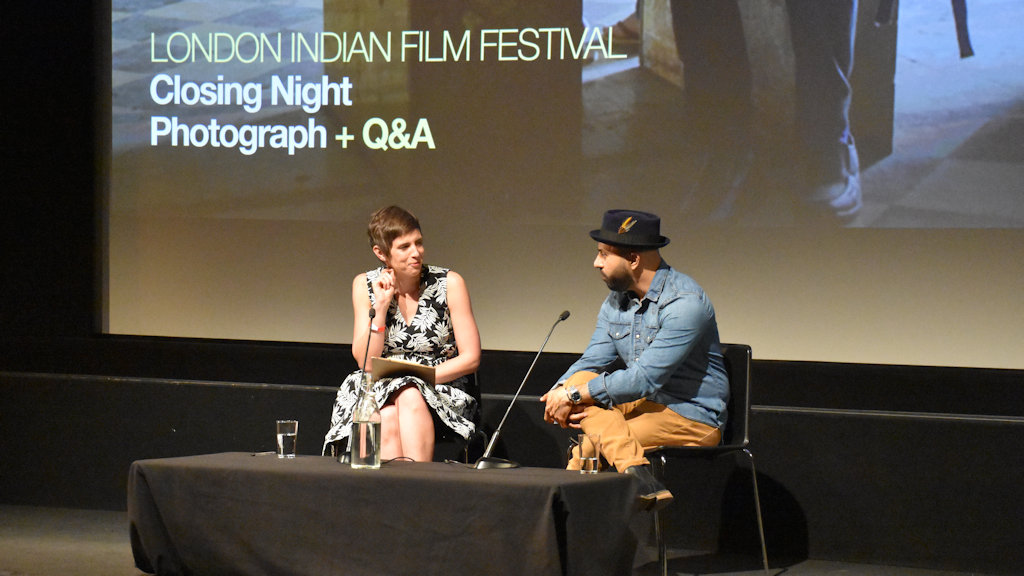
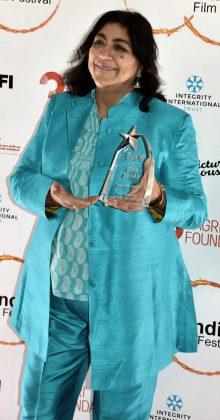
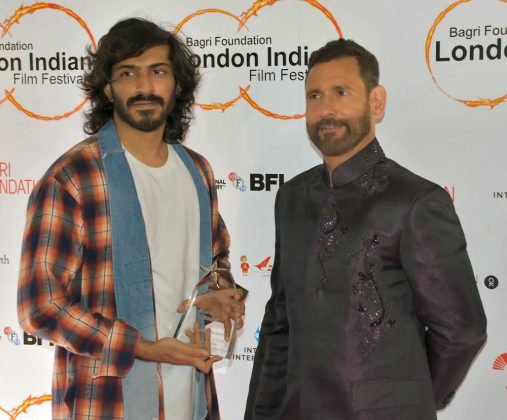


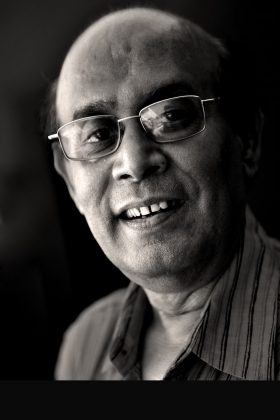
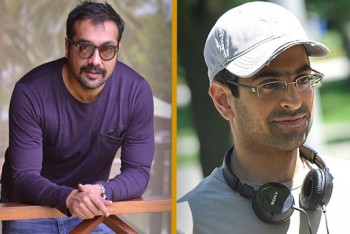

![Powerful Pride documentary Legendary Children [All Of Them Queer] streaming very soon](https://globalindianstories.org/wp-content/uploads/2025/06/Legendary-streaming-release-featured-238x178.jpg)



![Powerful Pride documentary Legendary Children [All Of Them Queer] streaming very soon](https://globalindianstories.org/wp-content/uploads/2025/06/Legendary-streaming-release-featured-100x75.jpg)

